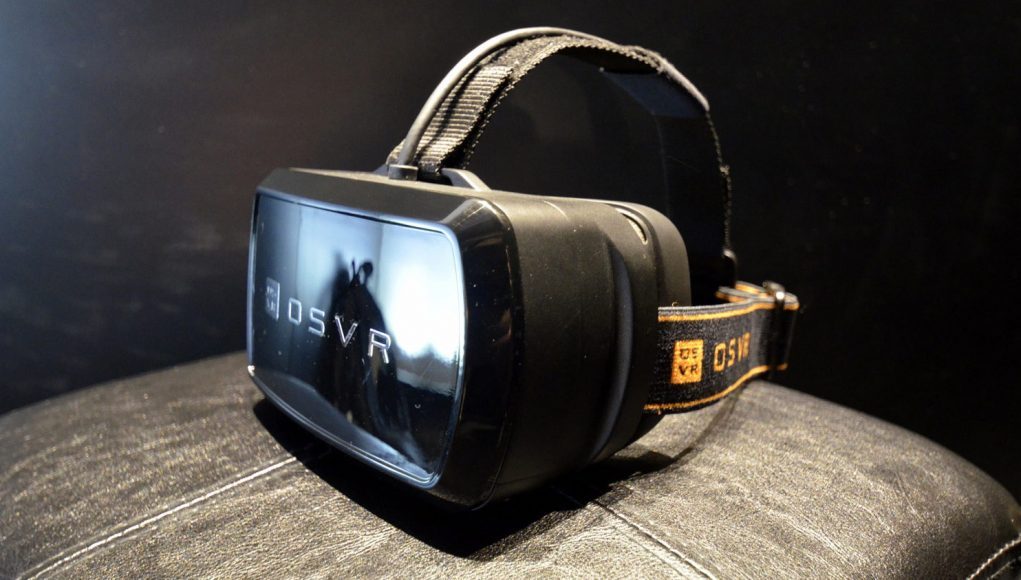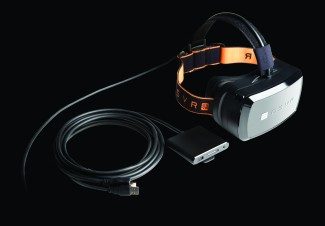OSVR is currently offering the HDK 2 at a 20% price reduction as part of their Academia and Developer Program. The HDK 2 is the most recent iteration of the organization’s open-source VR headset, normally priced at $399.
The OSVR HDK 2 sits in a unique position in the market, aimed towards developers of VR software and hardware, but also offering an interesting alternative to the Oculus Rift or HTC Vive for enthusiasts willing to take the risk on a not-consumer-ready device. Sharing similar display specifications to the current high-end PC VR headsets, and a positional tracking solution much like Oculus’ Constellation system, the HDK 2’s $399 price point remains competitive, even after the Rift’s recent drop to $499. As further incentive, a 20% discount is being offered to students and developers as part of the OSVR Academia and Developer Program.
By filling out the form on the OSVR website, you’ll be sent a discount code and instructions on how to complete the purchase. The site also notes that academic institutions purchasing multiple kits can receive a free HDK 1.3 (discontinued version with a single 1080p OLED panel, upgradeable to HDK 2 specs) for every two HDK 2 headsets purchased, for details the organization says to reach out to marketing@osvr.org.
Launched through a collaboration between Razer and Sensics, the OSVR initiative has gained support from the likes of Intel, Nvidia, and Valve, as well as some traction within the game developer community, with over 300 games listed as supported on Steam. The goal of democratising VR is detailed by Sensics CEO and OSVR co-founder Yuval Boger here.








